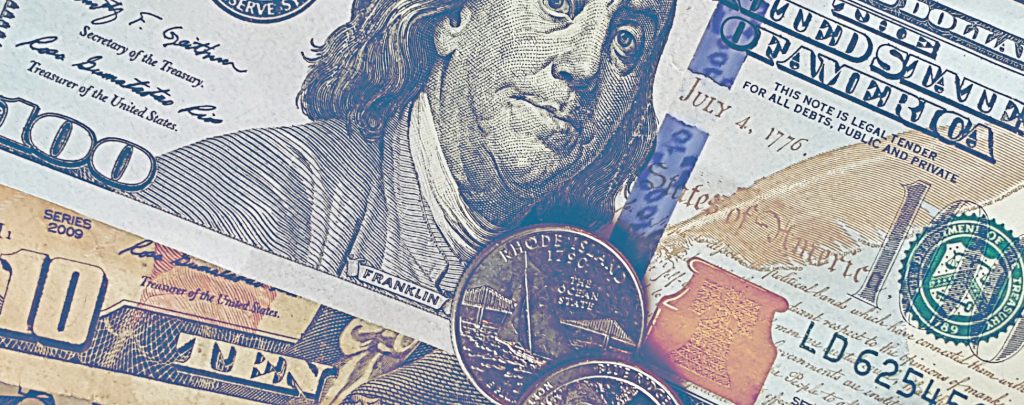After the district court dismissed plaintiff’s patent infringement claims, finding the patents directed to patent-ineligible subject matter, and awarded attorneys’ fees based on the exceptional case doctrine, the Federal Circuit affirmed both determinations. The defendant filed a supplemental motion for attorneys’ fees seeking to recover attorneys’ fees for the appellate process. The plaintiff opposed the motion.
 In analyzing the motion, the district court explained that it had previously “determined that this case was frivolous and that plaintiff had litigated it in an unreasonable manner, rending the exceptional and entitling defendant to an award of attorneys’ fees. None of those underlying facts have changed, and plaintiff does not argue that they have.”
In analyzing the motion, the district court explained that it had previously “determined that this case was frivolous and that plaintiff had litigated it in an unreasonable manner, rending the exceptional and entitling defendant to an award of attorneys’ fees. None of those underlying facts have changed, and plaintiff does not argue that they have.”
The court then determined that there was no need to make a second finding of exceptionality. “There is no need to make a second, separate determination under § 285 as to whether the case is exceptional. See, e.g., Dippin’ Dots, Inc. v. Mosey, 602 F. Supp. 2d 777 (N.D. Tex.2009) (rejecting plaintiffs’ argument that defendant had to “make a separate showing that the appeal itself is exceptional” and that fees “have to be separately justified in each phase of a case,” finding that defendant was entitled to fees without a second determination of exceptionality). That is, plaintiffs handling of the case since dismissal need not independently qualify as exceptional. Indeed, plaintiff does not argue here that a second, independent finding of exceptionality is required. As such, this Court’s earlier determination controls, and defendant is entitled to reasonable attorneys’ fees under 35 U.S.C. § 285.”
The court then turned to whether the amount of fees requested was reasonable. In opposing the reasonableness of the fees, the plaintiff argued that any potential award should be capped by defendant’s proposal to resolve the fee issue at $80,000. The court rejected this argument, concluding that the offer to resolve the fee award was inadmissible under Rule 408.
Accordingly, the court awarded $121,264.04 in attorneys’ fees, finding that the entire amount requested by the defendant was reasonable under the circumstances.
Voit Technologies, LLC v. Del-Ton, Inc., Case No. 5:17-CV-259-BO (E.D.N.C. April 2019)
The authors of www.PatentLawyerBlog.com are patent trial lawyers at Jeffer Mangels Butler & Mitchell LLP. For more information about this case, contact Stan Gibson at 310.201.3548 or SGibson@jmbm.com.
 Patent Lawyer Blog
Patent Lawyer Blog

